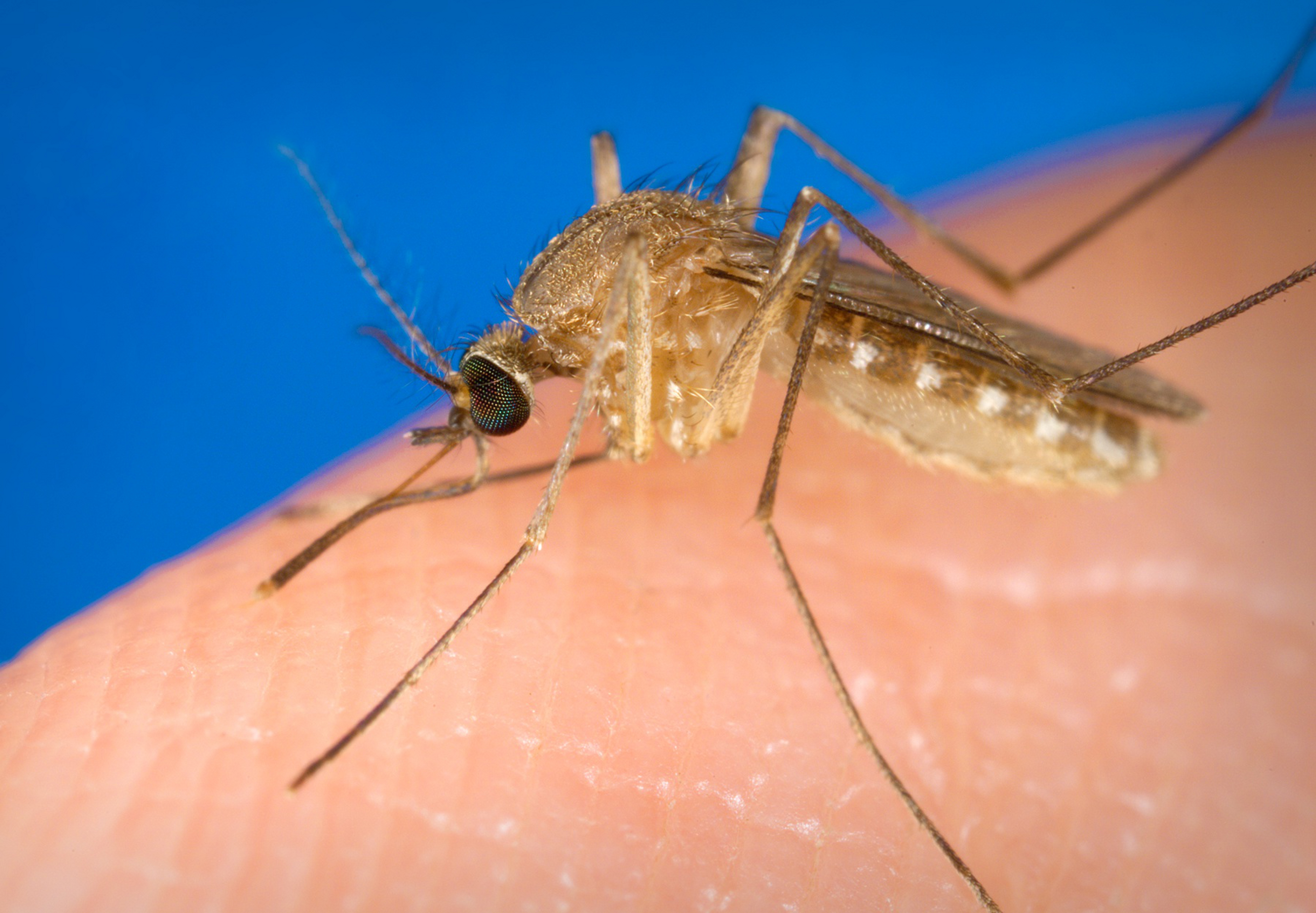Amid growing concerns about West Nile virus spreading in the New York City area, the city will begin spraying for mosquitoes in certain neighborhoods in an effort to reduce the risk.
The spraying will begin Monday night in Central Park and upper Manhattan neighborhoods, stretching from 96th Street in Morningside Heights through Inwood on the west side, and on the Upper East Side from 59th Street and up in areas west of Second Avenue. It will happen during the overnight hours, with the city's Department of Health saying trucks will roll out around midnight and go until 5 a.m.
The spraying will then continue in the southwest part of Brooklyn on Wednesday, Aug. 28, including Bay Ridge, Coney Island and Dyker Heights.


Get Tri-state area news delivered to your inbox.> Sign up for NBC New York's News Headlines newsletter.
The pesticides being used should not pose a significant health threat to people or pets when used properly.
NYC's Department of Health has sent out staff each day to 50 locations to trap and test mosquitoes, and have found the number of mosquitoes with West Nile are up across the board thus far in Summer 2024 throughout the five boroughs.
"We are focusing on areas where there is a high chance of disease transmission. Disease spread if not treated," said Dr. Waheed Bajwa, the executive director of vector surveillance for the DOH. "The recent Data is showing If we don't spray the transmission to human may occur."
The one common thread among places where recent sightings have been up: standing water, where mosquitoes breed. The continued testing led health authorities to target particular areas, such as Central Park and upper Manhattan.
The uptick in West Nile cases isn't just a NYC issue, it's nationwide. In New Jersey, the state's Health Department said cases appeared earlier in the season than expected and will probably continue until October.
Officials are especially concerned mostly due to the cases being seen in humans. New York City has had six cases thus far, but fortunately, Dr. Bajwa said all those infected are doing well and had not been hospitalized.
Dr. Anthony Fauci, the former director of the National Institute of Allergy and Infectious Diseases, was briefly hospitalized after contracting the West Nile virus. Fauci, who also served as the chief medical adviser for the Biden administration, was sent home on Saturday and is now recovering, according to his spokesperson. He is expected to fully recover.
What is the West Nile Virus?
The West Nile virus is a disease that most commonly spreads through mosquito bites, according to the Centers for Disease Control and Prevention.
The virus was first detected in the U.S. in 1999 after two men in New York City tested positive for the virus, which it is believed first arrived in the country through an infected mosquito or bird.
So far, over 200 cases of West Nile have been detected nationwide in 2024, according to CDC data.
What are the symptoms of West Nile virus?
Approximately 80% of the people infected with WNV will not develop any symptoms. 20% will experience mild flu-like symptoms such as fever and less than 1% will develop severe long-term effects which sometimes can be deadly, according to HHS.
The symptoms include:
- Body aches
- Diarrhea
- Fever
- Headache
- Vomiting
Among the most serious complications are meningitis, paralysis or death.
When do West Nile symptoms start to show?
Symptoms generally appear between two to 14 days after being bitten but sometimes it could be several weeks before symptoms show up in immunocompromised people, according to the CDC.
How to cure West Nile virus?
According to the CDC, there is no specific treatment for West Nile virus though doctors usually recommend pain medication for headaches and antiemetic therapy and rehydration to treat nausea and vomiting.
How to protect yourself from West Nile virus?
The best way to protect yourself from West Nile is to dress in loose-fitting clothing that covers arms and legs when outside. Using air conditioning and adding screens to open doors and windows is also recommended.



